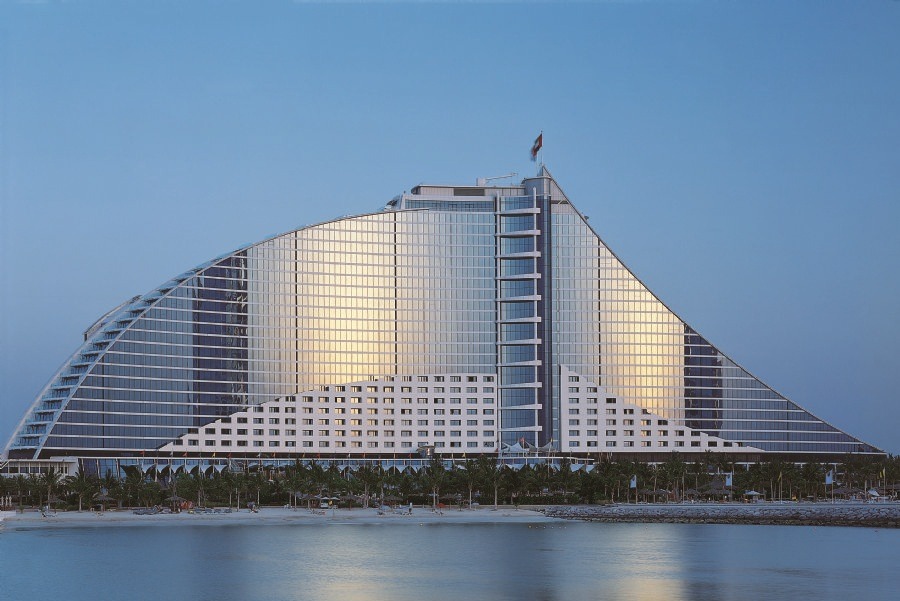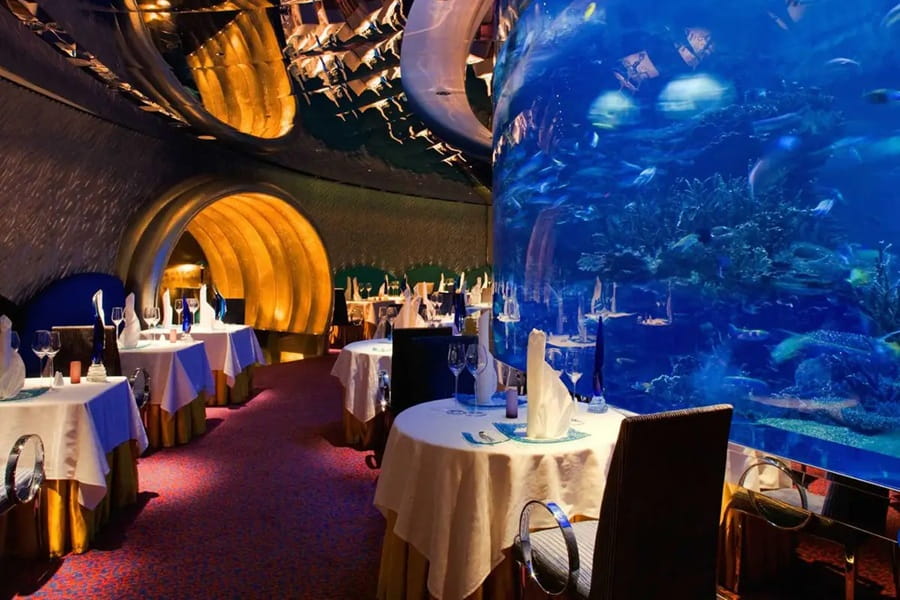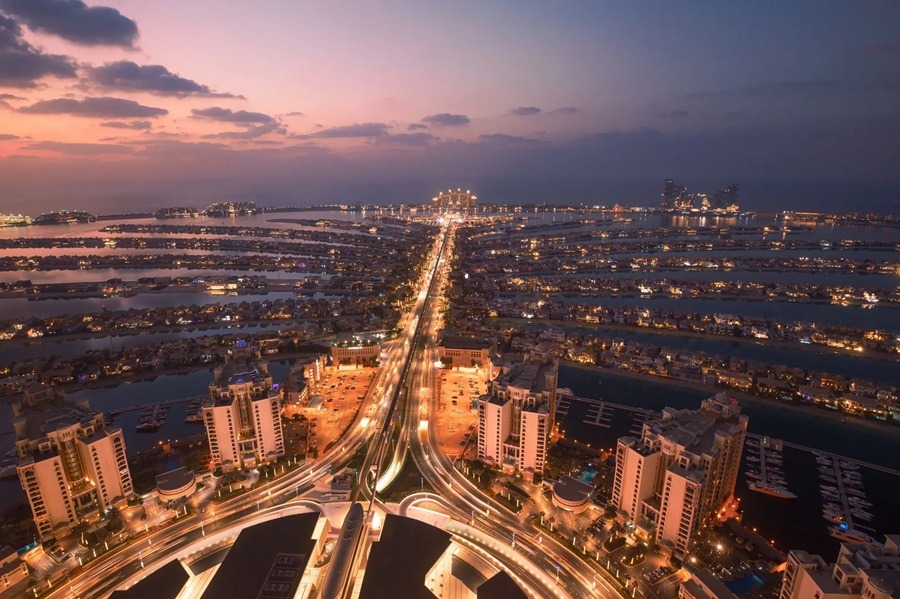Jumeirah is one of Dubai’s most iconic neighborhoods. With its prime coastal location, luxury villas, beachfront lifestyle, and easy access to amenities, it’s a popular choice for both expats and locals. However, like anywhere, there are trade-offs. In this article, we’ll explore the advantages and disadvantages of living in Jumeirah, including transportation, cost of living, lifestyle, and options for renting a car in Jumeirah or Dubai, as well as Dubai taxi fares and things to do nearby.
Where is Jumeirah & What Makes It Popular
Jumeirah is a coastal area in Dubai, consisting of several sub-districts such as Jumeirah 1, 2, 3, and Jumeirah Beach Residence (JBR). Key features include:
-
Beachfront access: public and private beaches, water sports, and promenades.
-
High-end and mid-range villas and apartments: well-maintained with modern amenities.
-
Proximity to major roads and facilities: schools, hospitals, shops, and restaurants are nearby.
Living in Jumeirah offers a high quality of life, though it comes at a premium cost.
Advantages of Living in Jumeirah
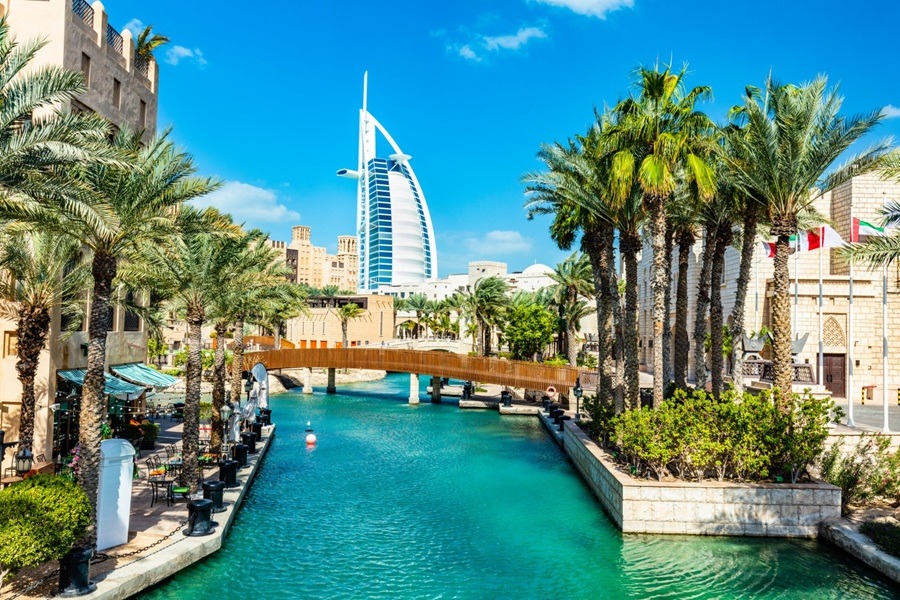
Beachside Lifestyle & Leisure
Jumeirah’s long sandy beaches are perfect for swimming, sunbathing, jet skiing, and windsurfing. Popular spots include Kite Beach and Sunset Beach. Nearby parks, such as Jumeirah Beach Park and Safa Park, offer outdoor relaxation. The coastal environment provides a feeling of openness and calm.
Amenities & Infrastructure
Families benefit from excellent schools offering British and American curricula, such as Dubai College and Jumeirah English Speaking School. Healthcare, supermarkets, restaurants, and shopping options are well distributed. Many villas also offer gardens and spacious yards, making it ideal for family living.
Prestige and Aesthetic Appeal
Jumeirah is known for its elegant architecture, green streets, sea views, and beautiful homes. If luxury, prestige, or scenic living matters, Jumeirah delivers.
Access to Things to Do in Dubai
Living in Jumeirah provides easy access to Dubai Marina, Downtown Dubai, Palm Jumeirah, shopping malls, beach clubs, dining, nightlife, and cultural spots. Reliable transport enhances this accessibility.
Transportation Options & Flexibility
Public transport is somewhat limited in Jumeirah, but taxis, ride-hailing apps (Uber, Careem), buses, and nearby metro stations are available. Many residents find having a car convenient. Renting a car in Jumeirah or Dubai offers flexibility, especially for families or day trips outside the city.
Disadvantages / Challenges of Living in Jumeirah
High Cost of Living
Rent is high, with villas ranging from AED 90,000 to AED 550,000+ annually depending on size and location. Apartments are also expensive. Utilities, groceries, dining out, and services are generally above average.
Traffic & Commute Issues
Jumeirah’s central location means heavy traffic during peak hours. Main roads like Sheikh Zayed Road can become congested, making commuting time-consuming. Parking can also be costly or limited, especially in tourist-heavy areas.
Transportation Costs
Taxis are convenient but not always cheap, particularly for longer distances, late-night trips, or during surges. Renting a car adds costs for rental fees, fuel, parking, insurance, and tolls, though it offers more control over travel.
Heat, Weather & Environment
Summers are extremely hot, with temperatures often exceeding 40°C. Humidity, sand, and occasional dust storms may be uncomfortable for those sensitive to heat.
Tourist Crowds & Busy Seasons
Jumeirah attracts tourists, so beaches, restaurants, and promenades can be crowded during weekends and holidays. Privacy may be limited in popular areas.
Limited Public Transport in Some Areas
Some parts of Jumeirah are not well served by metro or buses, making car ownership or taxis necessary for convenience.
Transportation: Rent a Car vs Taxi vs Public Transport
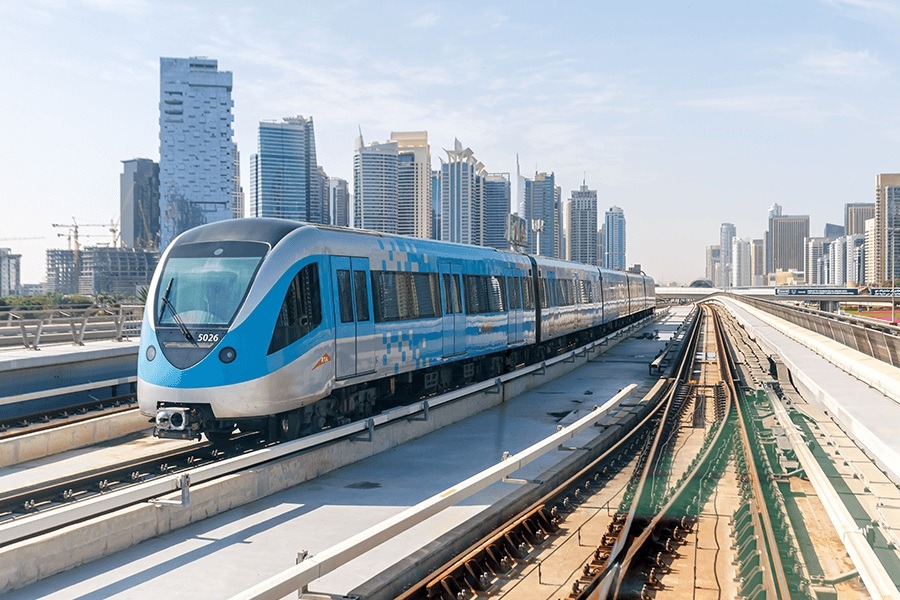
| Mode | Advantages | Disadvantages |
|---|---|---|
| Rent a Car in Jumeirah/Dubai | Freedom to travel on your own schedule, air-conditioned comfort, flexibility to visit remote spots, helpful for families or day trips | Rental cost, fuel, parking, insurance. Traffic and heat can make driving uncomfortable. Must have a valid driver’s license. Toll roads and fines are possible. |
| Taxis / Ride-hailing (Uber, Careem, etc.) | No need to worry about parking or owning a car, convenient apps, good for occasional travel | Can get expensive for frequent or long rides. Surcharges at night or during peak demand. Wait times in traffic. |
| Public Transport (buses, metro) | Cost-effective, eco-friendly, less stressful driving | Limited convenience in some areas, walking outdoors in heat may be required, less comfortable during rush hour. |
Things to Do in Dubai When Living in Jumeirah
-
Beaches & Watersports: Jumeirah Public Beach, Kite Beach, Sunset Beach; activities include swimming, jogging, cycling, surfing, and paddleboarding.
-
La Mer & J1 Beach: Revamped beachfront with dining, shops, and beach clubs.
-
The Walk, JBR: Shopping, casual dining, beachfront promenade.
-
Nakheel Mall & Palm Island: Shopping, observation decks, family outings.
-
Parks & Open Spaces: Safa Park, Jumeirah Beach Park, ideal for picnics and jogging.
-
Cultural Spots: Jumeirah Grand Mosque, art galleries, cultural events, food festivals.
-
Dining & Nightlife: Wide variety of cuisines, beach clubs, upscale bars, and cafés.
-
Shopping: Malls like Mall of the Emirates and Dubai Mall, plus local boutiques.
-
Day Trips & Outdoor Excursions: Desert safaris, Hatta, yacht cruises. Owning a car makes these trips easier.
Should You Rent a Car If You Live in Jumeirah?
-
Frequent travelers, families, and those needing flexibility benefit from having a car.
-
If most travel is local, taxis or public transport combined with occasional rentals may suffice.
-
Compare rental terms: insurance, fuel, parking, deposits, and rental duration. Renting outside prime areas or long-term may reduce costs.
Cost Considerations
| Item | Approximate Cost / Notes |
|---|---|
| Rent | Villas: AED 90,000–550,000+ per year. Apartments: still high. |
| Utilities | Summer cooling costs (air-conditioning), electricity, water add significantly. |
| Transportation | Taxi base: AED ~12 + per km. Ride-hailing adds fees. Car rental depends on type & duration. Fuel moderate. Parking fees high near beaches and malls. Toll (Salik) charges apply. |
| Food & Dining | Groceries often more expensive, dining out pricier in nicer restaurants. |
| Leisure, Schools, Healthcare | High quality but costly. Private schools and healthcare expensive. |
Summary: Is Jumeirah Right for You?
Jumeirah is ideal for those willing to pay more for lifestyle, amenities, prestige, and beachfront living. Families, beach lovers, and people who value high quality of life will find it very attractive.
On the other hand, if budget is limited, traffic is a concern, or most travel is local (reducing transport advantages), Jumeirah may stretch finances.
Tips for Smart Living in Jumeirah
-
Negotiate rent and check utilities when moving in.
-
Compare car rental companies and understand total costs (insurance, fuel, parking, permits). Longer-term rentals may save money.
-
Use taxis for occasional trips and always check fare estimates.
-
Choose housing close to work or school to minimize commute.
-
Plan outings during non-peak hours to avoid traffic.
-
Use public transport when convenient for cost savings.
